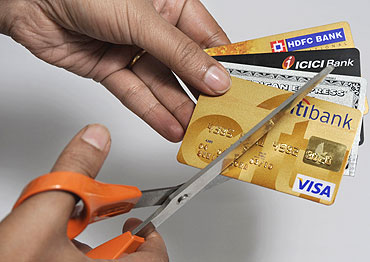If a high credit score holds significance to you, it is good to check your credit report regularly. That would help you ensure that it’s not plagued by some creepy errors. But the crux is that for a number of people credit reports are overwhelmed with pages of information which can be pretty difficult to interpret. If you have missed out of checking your credit report lately, a free copy can be obtained at www.annualcreditreport.com.
As you browse through the report, you may have certain key concerns, which are answered below:
What to look for in the Account History section?
First, ensure that all the accounts listed are under your ownership. Next, check dates and balances, particularly with accounts which involve negative information. If you find any inaccuracies, dispute the same and in case any unrecognized accounts are listed, start investigating these accounts, particularly with respect to third-party debt collectors. Even if the original creditor is still listed, companies often tend to sell third-party debt collection agencies delinquent debts. Hence, the record visible in the credit report would be pertaining to a different name. During the transfer, inaccuracies may occur, so verification of balances and dates is vital.
What steps should be taken in case an error exists?
Every credit reporting bureau incorporates information within the credit report regarding the method of registration of a dispute. It is important to generate a paper trail; hence consumers need to dispute information in written form and send copies for all supporting documentation through certified mail. You can also take into account a credit repair service which would assist in eliminating negative items that exist in your credit report.
In case of a public record on the credit report, what is the time span for that particular item to be expunged?
Most public records such as foreclosures, judgments, or Chapter 13 bankruptcies would remain on a credit report for a period of seven years while a Chapter 7 bankruptcy would be there for a period of 10 years.
If you miss a bill payment, how does it affect your score?
If you miss a single payment at the 30-day or 60-day mark, it will affect the credit report and have a negative effect on the credit score. The greater divide arrives when you reach the 90-day mark, because then consumers are considered more prone to missing payments repeatedly. You must remember that payment history amounts to 35% of the credit score, hence if you pay on time, it does carry a lot of weight.
If I had faced problems long back, and now my bill paying habits have quite improved, will that be of help?
It is true that with the passage of time, negative information tends to have lesser impact on the credit score. In a number of cases, the immediate two years would have the highest impact on the credit score. But you should ensure that the more current history highlights positive information. Any fresh negative information would boost the harm to the score since it would be representative of a late payment pattern.

